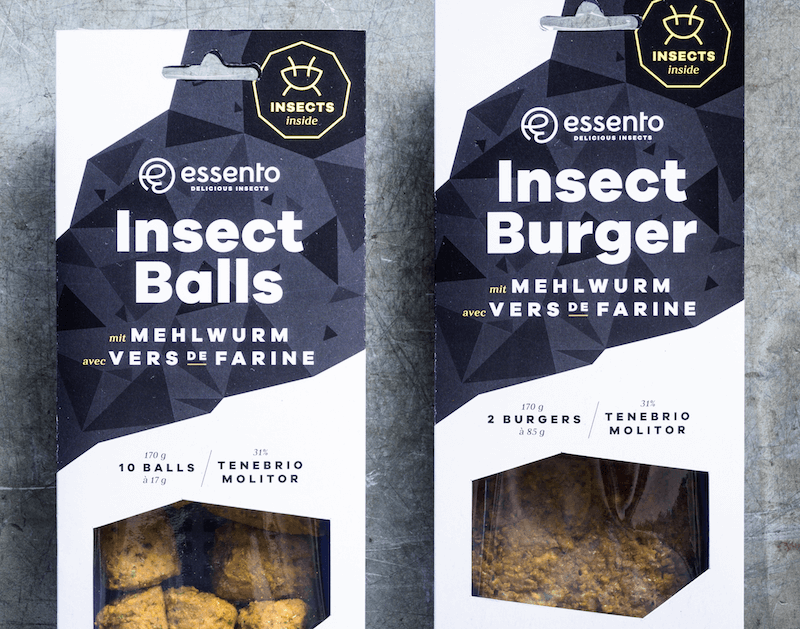Would you eat balls made from insects? Last year the Swiss supermarket Coop applied for authorisation to sell insect based products. Then on 14 August 2017 it announced a limited number of its stores and its delivery service Coop@home would start selling the products from 21 August 2017, phasing the products in across other stores between August and the end of the year. Source: Coop.ch “We have been working on this project for a long time and the time has finally come. We are the first Swiss retailer of insect products carrying the Essento brand” said Silvio Baselgia, a manager at Coop. The two products, made by Essento for Coop contain a mix of insect and vegetable ingredients. The burgers contain mealworms, rice and other vegetables such as carrots, celery and leaks. The balls
Topics:
Investec considers the following as important: Business & Economy, Editor's Choice, environment, Insect balls, Insect burgers
This could be interesting, too:
Investec writes The global brands artificially inflating their prices on Swiss versions of their websites
Investec writes Swiss car insurance premiums going up in 2025
Investec writes The Swiss houses that must be demolished
Investec writes Swiss rent cuts possible following fall in reference rate
Would you eat balls made from insects? Last year the Swiss supermarket Coop applied for authorisation to sell insect based products. Then on 14 August 2017 it announced a limited number of its stores and its delivery service Coop@home would start selling the products from 21 August 2017, phasing the products in across other stores between August and the end of the year.

Source: Coop.ch
“We have been working on this project for a long time and the time has finally come. We are the first Swiss retailer of insect products carrying the Essento brand” said Silvio Baselgia, a manager at Coop.
The two products, made by Essento for Coop contain a mix of insect and vegetable ingredients.
The burgers contain mealworms, rice and other vegetables such as carrots, celery and leaks.
The balls contain mealworms, chickpeas, onions and garlic.
The main advantage of using insects over other meat products includes their reduced environmental impact. Producing insects requires very little water and food, and produces little greenhouse gas.
Eating an insect burger instead of a beef one has a significant impact on global greenhouse gas emissions. Beef comes with five times the greenhouse gas impact of chicken and eleven times that of vegetables. Global beef production adds more greenhouse gas to the atmosphere than cars when the loss of carbon capturing forest is included.
Insects can also be fed on organic waste, such as vegetable scraps, reducing waste further while improving the economics.

Insect street food in China © Anastasiia Maltseva | Dreamstime.com
Eating insects is nothing new. National Geographic says that two billion people around the world regularly eat them, and offers a guide to eight tasty ones. Wasps apparently taste like pine nuts, and stink bugs like apples.
In Europe, the challenge is likely to be perception. Just ask Britons or Americans what they think of eating horse meat.
More on this:
Coop press release (in French) – Take a 5 minute French test now
For more stories like this on Switzerland follow us on Facebook and Twitter.
